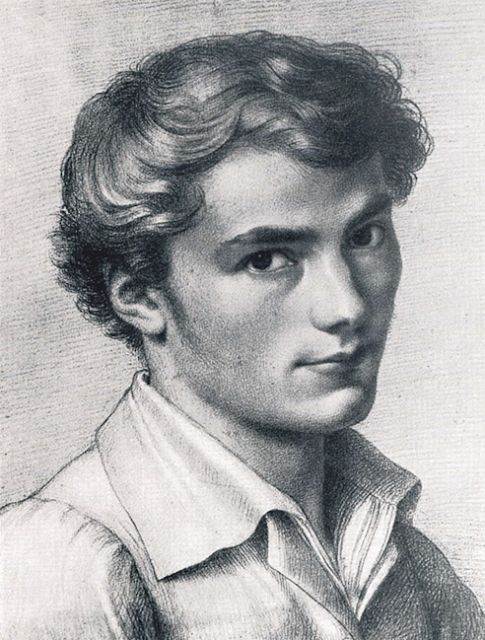Vocal Music
- I Choose Love – Mark Miller
Instrumental Music
- Aria - Flor Peeters (1903-1986)
- Mohrentanz (La Mourisque) – Tyman Susato (c. 1510/15 – after 1570)
Congregational Music (all hymns from the Hymnal 1982.)
- Hymn 608 - Eternal Father, Strong to Save (MELITA)
- Song of Praise Hymn 421 - All Glory be to God on High (ALLEIN GOTT IN DER HÖH)
 |
Mark Miller
|
In the midst of pain, of war, of brokenness... we choose love. We choose community. What better way to share this message than through powerful song, and that's exactly what you'll hear this Sunday in the piece our choir will sing at the offering. This soulful anthem, written in response to the tragic events that occurred at Emmanuel African Methodist Episcopal Church in Charleston, North Carolina in 2015, is a testament to the power of forgiveness and peace. I chose it even as our community was still knee-deep (literally) in post-Harvey pain, and it is even more appropriate the week after the tragedy in Las Vegas.
It is written by the contemporary composer Mark Miller. He is on the faculty at both the Drew Theological School and the Institute of Sacred Music at Yale University where he teaches music and worship. He also is Minister of Music of Christ Church in Summit, New Jersey and Composer in Residence of Harmonium Choral Society in NJ. From 2002-2007 he was Director of Contemporary Worship at Marble Collegiate Church and from 1999-2001 was Assistant Organist and Music Associate at the Riverside Church, both in New York City. Miller received his Bachelor of Arts in Music from Yale University and his Master of Music in Organ Performance from Juilliard.
As the the son, grandson, brother, and cousin of United Methodist clergy, Mark Miller believes in Cornel West’s quote that “Justice is what love looks like in public.” He also passionately believes that music can change the world. This is never more obvious than today's anthem, I Choose Love. Here is
Miller’s Reflection on his composition:
“Father, forgive them for they know not what they do.”
The gospel stories of Jesus’ life, death, and resurrection continue to inspire, uplift, and amaze me. They inspire, uplift, and amaze because Jesus consistently chooses love. When it would be easier for him to appease with the powerful religious leaders and Roman backed authorities he chooses love. Even as his friends disappear and the crowds that once shouted “hosanna” turn on him with shouts of “crucify,” he chooses love. Even after betrayal and humiliation, even when he is dying, he chooses love.
The words to the song “I Choose Love” are by my friend Lindy Thompson, written in response to the murder of nine people who were at their church bible study. The people of Emmanuel African Methodist Episcopal Church of Charleston, S.C., chose love when they offered forgiveness in the face of hatred and violence.
We always have a choice. Every day we have a choice–how will the events of your day and your life affect you? It’s the challenge of the witness of Jesus–the challenge of a truly faithful life–a daily spiritual discipline for each of us to rise up every day and say “I choose love.”
Tylman (or Tielman ) Susato was a Renaissance composer, instrumentalist and publisher of music in Antwerp. In 1543, he founded the first music publishing house using movable music type in the Low Countries. Until Susato set up his press, music printing had been done mainly in Italy, France and Germany.
Susato was also an accomplished composer. He wrote (and published) several books of masses and motets which are in the typical imitative polyphonic style of the time. He also wrote two books of chansons which were specifically designed to be sung by young, inexperienced singers: they are for only two or three voices.
Susato also was a prolific composer of instrumental music, and much of it is still recorded and performed today. He produced one book of dance music in 1551, Het derde musyck boexken ... alderhande danserye, composed of pieces in simple but artistic arrangement. Most of these pieces are dance forms (allemandes, galliards, and so forth).
 |
Tielman Susato offers his Chanson book to Maria
of Hungary, governess of the Netherlands.
|






